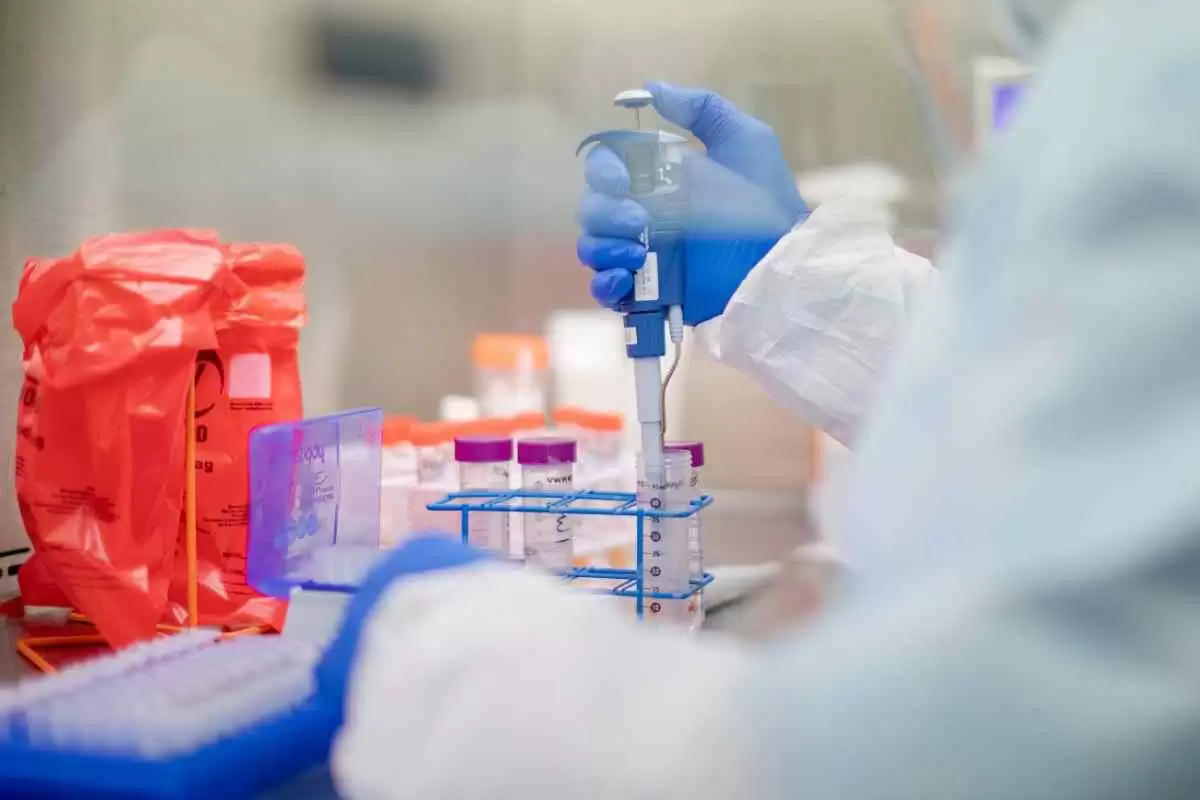
Celiac.com 05/09/2022 - Data from gene expression, lipidomic and growth impairment indicate that celiac disease begins long before the body starts to have an immune response to gluten. The influence of gluten intake in the first years of life as a potential risk factor for celiac disease is currently debated among researchers.
A team of researchers recently set out to estimate the risk of developing celiac disease based on the amount of gluten intake and the serum inflammatory profile in genetically predisposed infants. The research team included Auricchio Renata, Calabrese Ilaria, Galatola Martina, Cielo Donatella, Carbone Fortunata, Mancuso Marianna, Matarese Giuseppe, Troncone Riccardo, Auricchio Salvatore & Greco Luigi
Celiac.com Sponsor (A12):
They are variously affiliated with the Department of Translational Medical Science, University Federico II, Via S. Pansini 5, 80131, Naples, Italy; the European Laboratory for Food Induced Diseases, University Federico II, Via S. Pansini 5, 80131, Naples, Italy; the Department of Clinical Medicine and Surgery, University Federico II, Naples, Italy; the Laboratory of Immunology, Institute for Experimental Endocrinology and Oncology, National Research Council (IEOS-CNR), Naples, Italy; the Neuroimmunology Unit, IRCCS Fondazione Santa Lucia, Rome, Italy; and the the Department of Molecular Medicine and Medical Biotechnology, University Federico II, Naples, Italy.
The team evaluated an Italian cohort of children at risk for celiac disease, and enrolled twenty-seven children who developed celiac disease, along with fifty-six control subjects, matched by sex and age. The team also conducted a dietary interview at 9, 12, 18, 24 and 36 month intervals. They assessed serum levels of cytokines INFγ, IL1β, IL2, IL4, IL6, IL10 IL12p70, IL17, and TNFα, at four and thirty-six months.
They found that infants who went on to develop celiac disease by six years of age showed increased serum cytokine levels at four months of age before gluten introduction. Elevated cytokines included INFγ, IL1β, IL2, IL6, IL10, IL12p70 and TNFα.
Children who later developed celiac disease consumed substantially more gluten in their second year of life than the controls. For those children, gluten intake in the second year of life was strongly correlated with serum cytokines INFγ, IL2, IL4, IL12p70, IL17 at thirty-six months.
The dietary pattern of infants who developed celiac disease was marked by high consumption of biscuits and fruit juices and low intake of milk products, legumes, vegetables and fruits, which may invite questions about pre-celiac gut microbiota health in these subjects.
The researchers found that genetically predisposed infants who developed celiac disease showed a unique serum cytokine profile at 4 months before gluten consumption. In these children, gluten intake was strongly correlated with an inflammatory profile in serum cytokines at thirty-six months.
This is one of the first studies to demonstrate such a clear relationship between cytokine profiles and infant gluten intake in advance of the development of celiac disease. Further study could help to develop preventative screening that
Read more in Scientific Reports volume 12, Article number: 5396 (2022)









Recommended Comments
There are no comments to display.
Create an account or sign in to comment
You need to be a member in order to leave a comment
Create an account
Sign up for a new account in our community. It's easy!
Register a new accountSign in
Already have an account? Sign in here.
Sign In Now